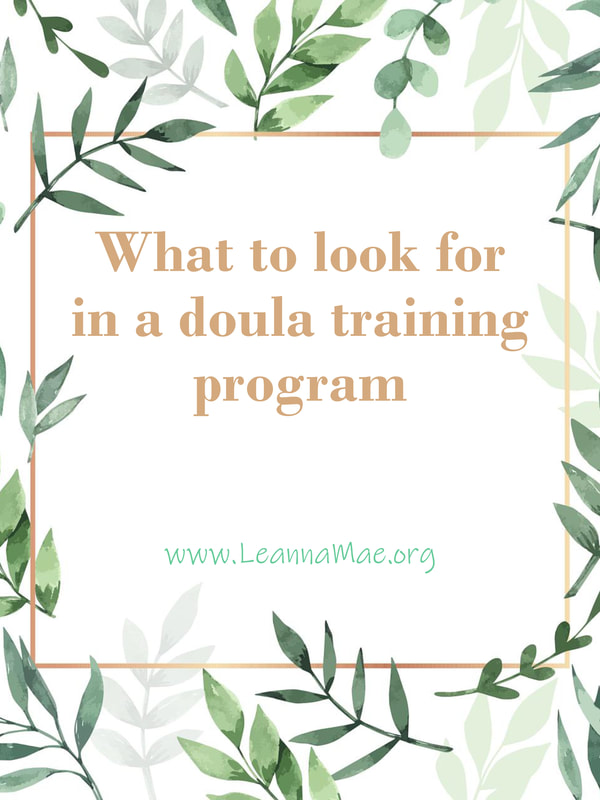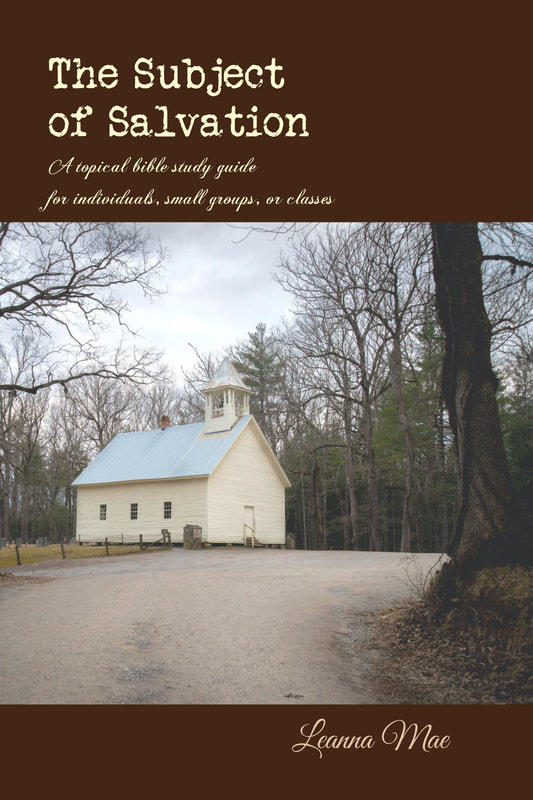|
There are quite a few doula training programs out there. How do you know which one to choose? If you’d like to take a look at some programs, here is a directory of every single doula training I know of. I’ve compared all of these programs repeatedly before concluding which organizations are recommendable. Here is what I look at.
Comment below with the doula training program you chose, why you chose that one, and what your review is.
0 Comments
Your comment will be posted after it is approved.
Leave a Reply. |
If this website has been a helpful resource to you, consider donating any dollar amount here.
Donations allow more time to write blogs and build this resource that is freely available to all.
Donations allow more time to write blogs and build this resource that is freely available to all.
Leanna Mae
Apostolic Pentecostal Christian
|
international author |
maternal-infant wellness educator
|
birth doula
|
breastfeeding specialist |
Copyright © 2013



